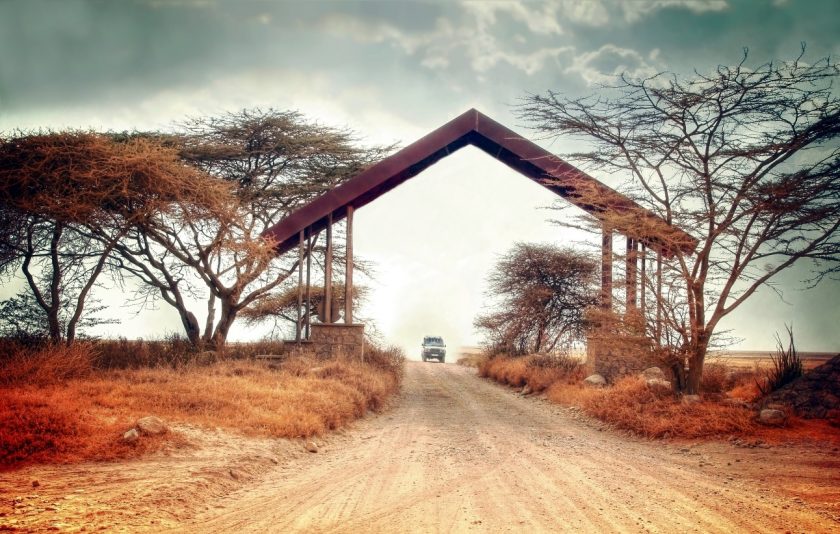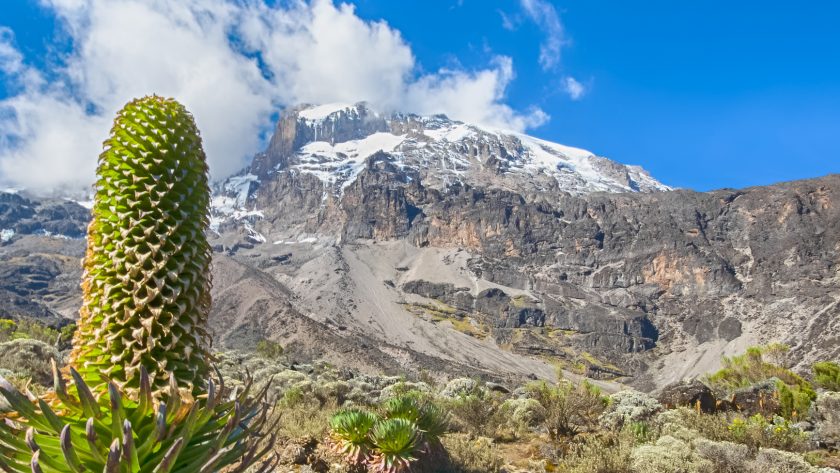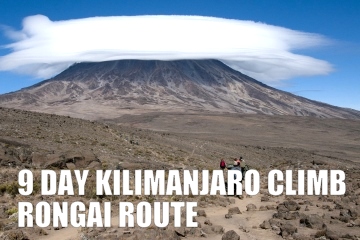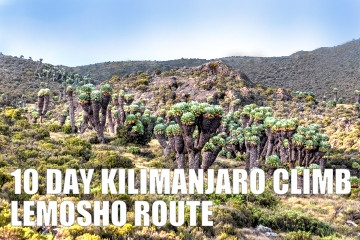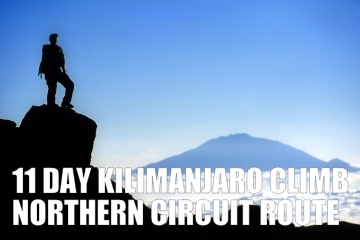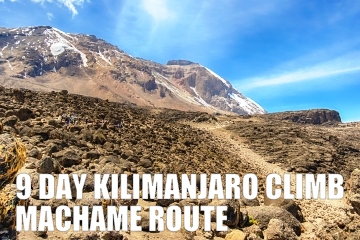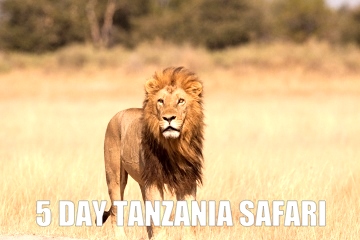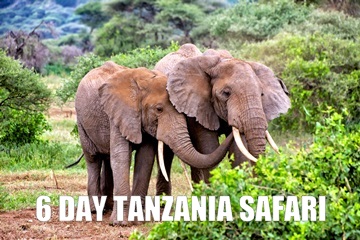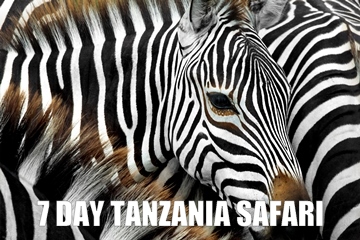COUNTRY OVERVIEW
The mystical savannas and acacia trees across the countless national parks create the perfect backdrop for Tanzanian safaris. The presence of diverse wildlife in the Serengeti, Lake Manyara and Tarangire National Parks convey an electrifying opportunity to immerse in the unique allures of the region, while enjoying the thrill of open-air transport.
Mount Kilimanjaro, the highest mountain in all of Africa and a World Heritage Site. Located in Tanzania, the mountain attracts thousands of avid trekkers determined to scale the icy peaks of this towering dormant volcano. Tanzania is a haven of natural splendor and divine beauty, boasting a truly distinctive landscape paired with exceptional wildlife vistas.
Enjoy the miles of pristine white sandy beaches on Zanzibar archipelago, or explore Zanzibar City and discover its cultural and historical artifacts. With natural beauty, exhilarating wildlife, irresistible grasslands and old-world heritage, it is no secret why adventure enthusiasts are drawn to Tanzania's allure.
TANZANIA TRIPS
Learn everything you need to know about climbing Kilimanjaro on our sister site - ULTIMATE KILIMANJAROHIGHLIGHTS
Mt Kilimanjaro National Park, Serengeti National Park and Ngorongoro Crater.
ENTRY REQUIREMENTS
Foreigners seeking to enter the United Republic of Tanzania should be in possession of a valid passport, at least six months prior to expiration. The passport is to be presented to the Immigration Control Officer at any entry point: border station, airport, harbor. The passport must be presented along with one of the following:
- A valid visa
- Resident permit
- A pass
A visitor must also present an onward or return ticket together with proof that the visitor has sufficient funds to support themselves while in Tanzania. All foreigners from non-Commonwealth countries are required to have a valid visa unless their countries have agreements with Tanzania under which the visa requirement is waived. Exemptions: Citizens of Commonwealth countries are not required to obtain visas unless they are citizens of the United Kingdom, Canada, Nigeria, or India. The visa is permission granted to a foreigner who intends to travel to Tanzania on business, for a holiday, to study or conduct research, or for other approved activities. When entering Tanzania, the visitor with a visa may then obtain from the immigration control officer, a pass or any other authority to enter the country.
Visas are issued by the following:
- The office of the Director of Immigration Services, Dar es Salaam, and the office of the Principal Immigration Officer, Zanzibar.
- Tanzanian representatives abroad: Visas can be obtained at Tanzanian Embassies and High Commissions, such as the Tanzanian Embassy of the United States.
- Entry points to the United Republic of Tanzania: principally Namanga, Tunduma, Sirari, Horohoro, Kigoma port, Dar es Salaam International Airport, Kilimanjaro International Airport, Zanzibar Harbour and Zanzibar Airport.
- Any other gazetted entry point.
To avoid potential loss of passports in the mail or delays in visa processing, it is recommended that US citizens obtain their visas upon arrival, at Kilimanjaro International Airport. It is an easy and simple process. The cost of a Tanzanian visa for US citizens is $100, payable in US dollars.
Canadian, Australian, British and most European passport holders can also obtain visas upon arrival at the airport. The cost of a Tanzanian visa is $50, payable in US dollars. Confirm with your embassy.
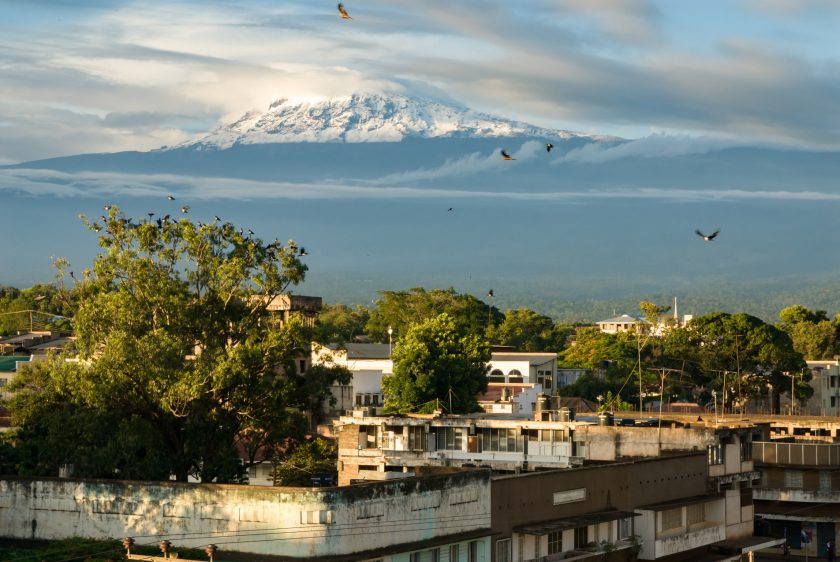
VACCINATIONS
The following information was obtained from the Center for Disease Control and Prevention, Tanzania.
The following vaccines may be recommended for your travel to East Africa. Discuss your travel plans and personal health with a health-care provider to determine which vaccines you will need.
- Hepatitis A or immune globulin (IG). Transmission of hepatitis A virus can occur through direct person-to-person contact; through exposure to contaminated water, ice, or shellfish harvested in contaminated water; or from fruits, vegetables, or other foods that are eaten uncooked and that were contaminated during harvesting or subsequent handling.
- Hepatitis B, especially if you might be exposed to blood or body fluids (for example, health-care workers), have sexual contact with the local population, or be exposed through medical treatment. Hepatitis B vaccine is now recommended for all infants and for children ages 11-12 years who did not receive the series as infants.
- Malaria: your risk of malaria may be high in all countries in East Africa, including cities. See your health care provider for a prescription antimalarial drug.
- Meningococcal (meningitis) if you plan to visit countries in this region that experience epidemics of meningococcal disease during December through June.
- Rabies, pre-exposure vaccination, if you might have extensive unprotected outdoor exposure in rural areas, such as might occur during camping, hiking, or bicycling, or engaging in certain occupational activities.
- Typhoid vaccine. Typhoid fever can be contracted through contaminated drinking water or food, or by eating food or drinking beverages that have been handled by a person who is infected. Large outbreaks are most often related to fecal contamination of water supplies or foods sold by street vendors
- Yellow fever, a viral disease that occurs primarily in sub-Saharan Africa and tropical South America, is transmitted to humans through the bite of infected mosquitoes. The virus is also present in Panama and Trinidad and Tobago. Yellow fever vaccination is recommended for travelers to endemic areas and may be required to cross certain international borders (For country specific requirements, see Yellow Fever Vaccine Requirements and Information on Malaria Risk and Prophylaxis, by Country.). Vaccination should be given 10 days before travel and at 10 year intervals if there is on-going risk. · As needed, booster doses for tetanus-diphtheria, measles, and a one-time dose of polio vaccine for adults.
Malaria
Malaria is always a serious disease and may be a deadly illness. Humans get malaria from the bite of a mosquito infected with the parasite. Your risk of malaria may be high in all countries in East Africa, including cities. All travelers to East Africa, including infants, children, and former residents of East Africa, may be at risk for malaria. Prevent this serious disease by seeing your health care provider for a prescription antimalarial drug and by protecting yourself against mosquito bites.
All travelers should take one of the following drugs:
- atovaquone/proguanil,
- doxycycline,
- mefloquine, or
- primaquine (in special circumstances).
Yellow Fever
A certificate of yellow fever vaccination is required for entry into Tanzania when arriving from countries where yellow fever is present.

WEATHER
Average temperatures in Moshi, Tanzania.| Month | Jan | Feb | Mar | Apr | May | Jun | Jul | Aug | Sep | Oct | Nov | Dec |
|---|---|---|---|---|---|---|---|---|---|---|---|---|
| Average High (F) | 92 | 92 | 90 | 85 | 79 | 78 | 78 | 80 | 83 | 88 | 89 | 90 |
| Average Low (F) | 64 | 64 | 66 | 67 | 65 | 62 | 60 | 60 | 60 | 62 | 64 | 64 |
BEST TIME TO VISIT
Tanzania enjoys a temperate climate and is a year-round destination. However, temperatures on the rim of the Tanzania's Ngorongoro Crater and Mount Kilimanjaro drop dramatically at night, particularly June through August. If you are planning to climb Kilimanjaro, it is best during the warm dry months of January and February when the skies are clear in the mornings and evenings. April and May tend to be the wettest months, June and July are the coolest months, and August and September are the driest months.
The best opportunity to view wildlife on safari is from May – October. Although December to February the wildebeest gather in the Serengeti region, here they will have their young and the great migration will start to move north. During July to August the wildebeest migration then head east to the Masai Mara in Kenya, returning south across the Tanzanian border around November.
TRAVEL ADVISORIES
Make two photocopies of valuables such as your passport, tickets, visas and travelers' cheques. Keep one copy with you in a separate place to the original and leave another copy with someone at home.
Be sure to inform your credit card company as well as your bank you will travel internationally into Africa. This will eliminate any credit card holds for fraudulent activity.
CURRENCY
Carrying cash, an ATM or credit card that can be used for cash advances in case of emergency is advisable. The best places to exchange money are normally bureau de change, which are fast, have longer hours and often give slightly better rates than banks. Local currency is Tanzania Shillings (TSh), however national parks entry fees must be paid in US dollars by non-residents. Better hotels, lodges, and camps will accept credit cards, however it is advised to withdraw cash when visiting remote areas and villages. Note that US dollars older than 2001 will not accepted by most places in East Africa. Traveler's Checks have become virtually impossible to cash in almost all banks in Tanzania. Only hotels will accept checks from their guests, but at a far lesser rate than hard currency.
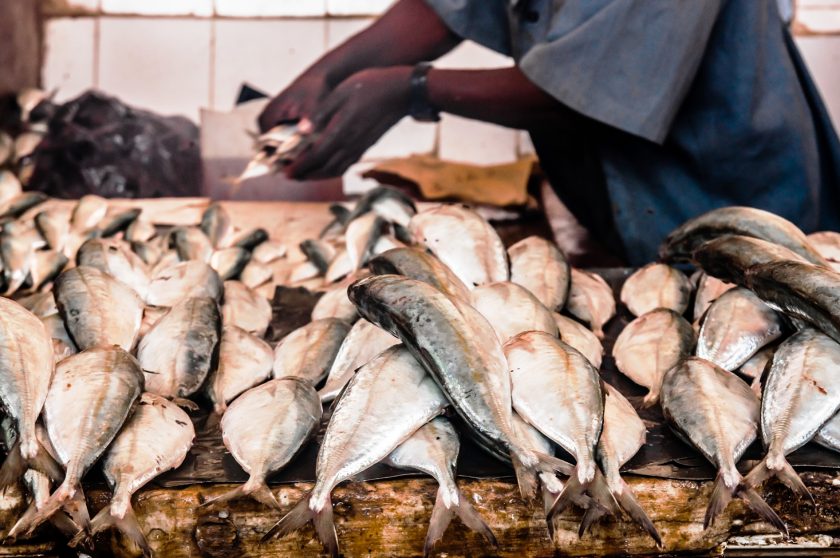
GOVERNMENT
The government framework of Tanzania is that of a unitary presidential democratic republic, whereby the President of Tanzania is both head of state and head of government, and of a multi-party system.
RELIGION
30% of Mainland Tanzania's population is Christian, 35% Muslim and 35% indigenous; Zanzibar is 99% Muslim.